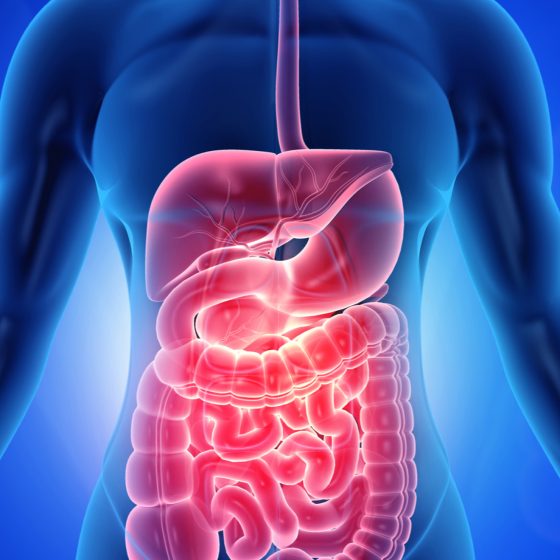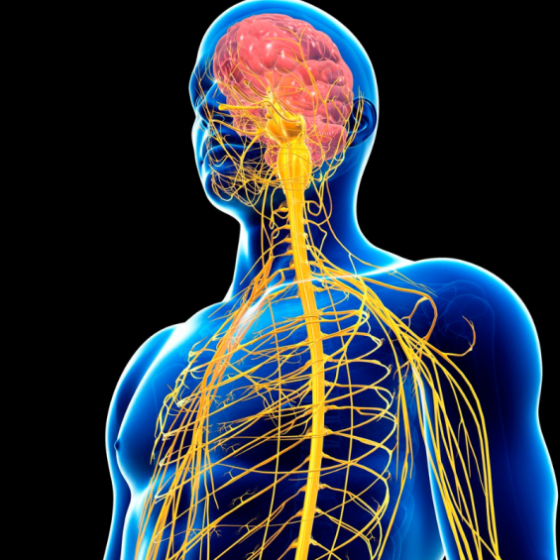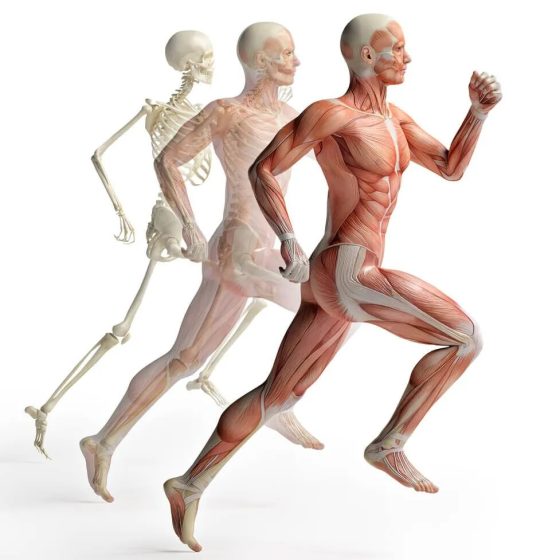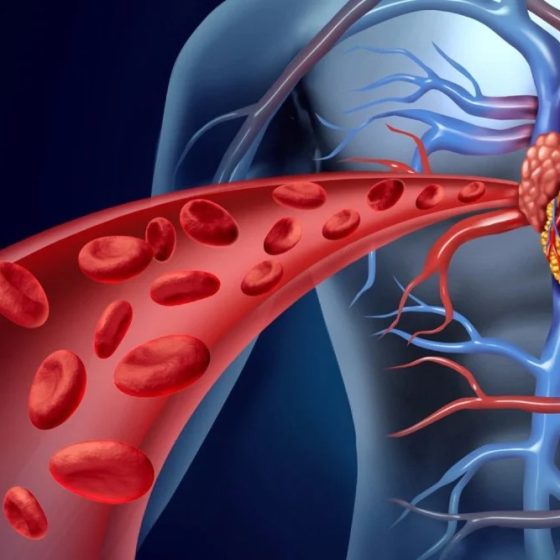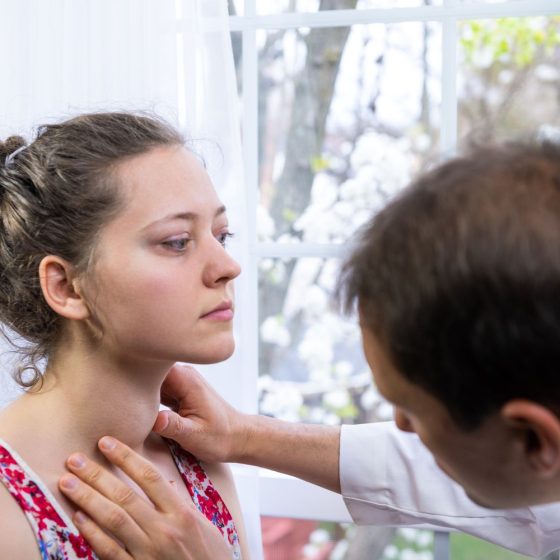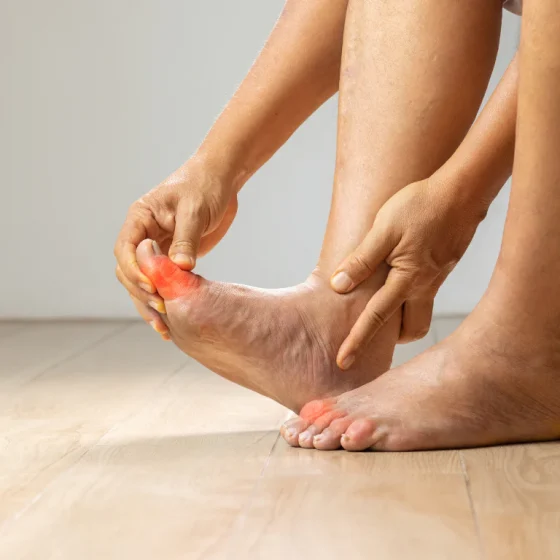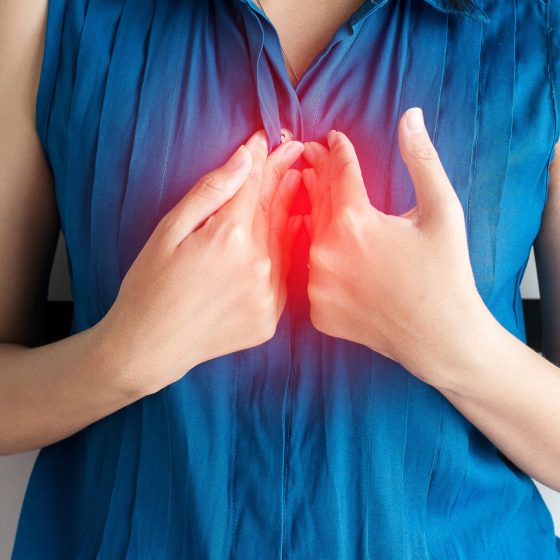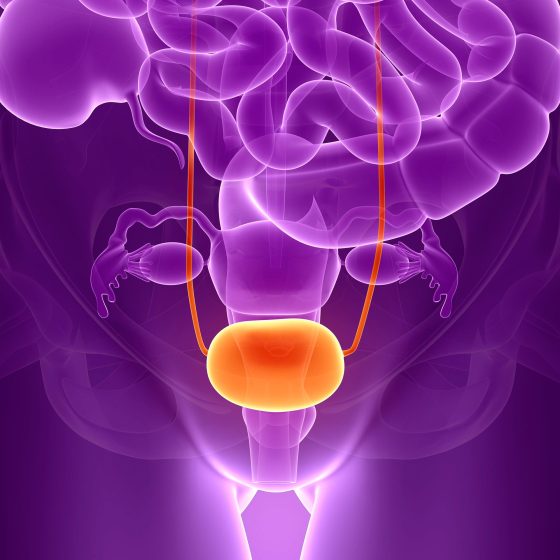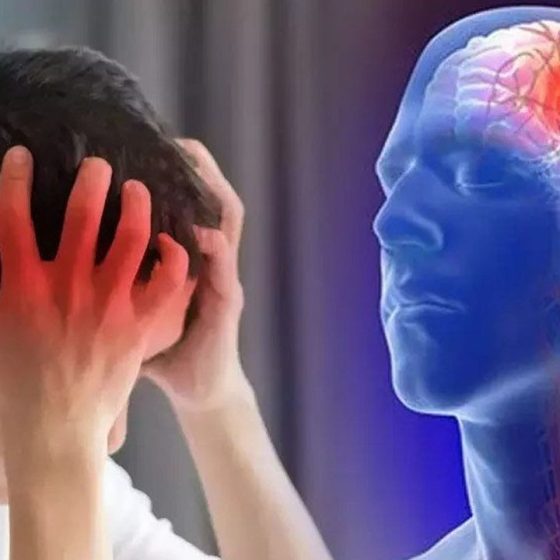Digestive system
Key facts The digestive system breaks down food and absorbs nutrients for energy and growth. It is a long tube starting from your mouth, going all the way to your anus. Common digestive health conditions are gastro-oesophageal reflux disease (GORD), diverticulitis, stomach ulcers, and haemorrhoids. What is the digestive system? The digestive system is made up of the digestive tract (the gut) and other organs like the liver, pancreas and gall bladder. It is where your body breaks down food and absorbs nutrients. The digestive system is a long, twisting tube that starts at the mouth and goes through the oesophagus, stomach,

